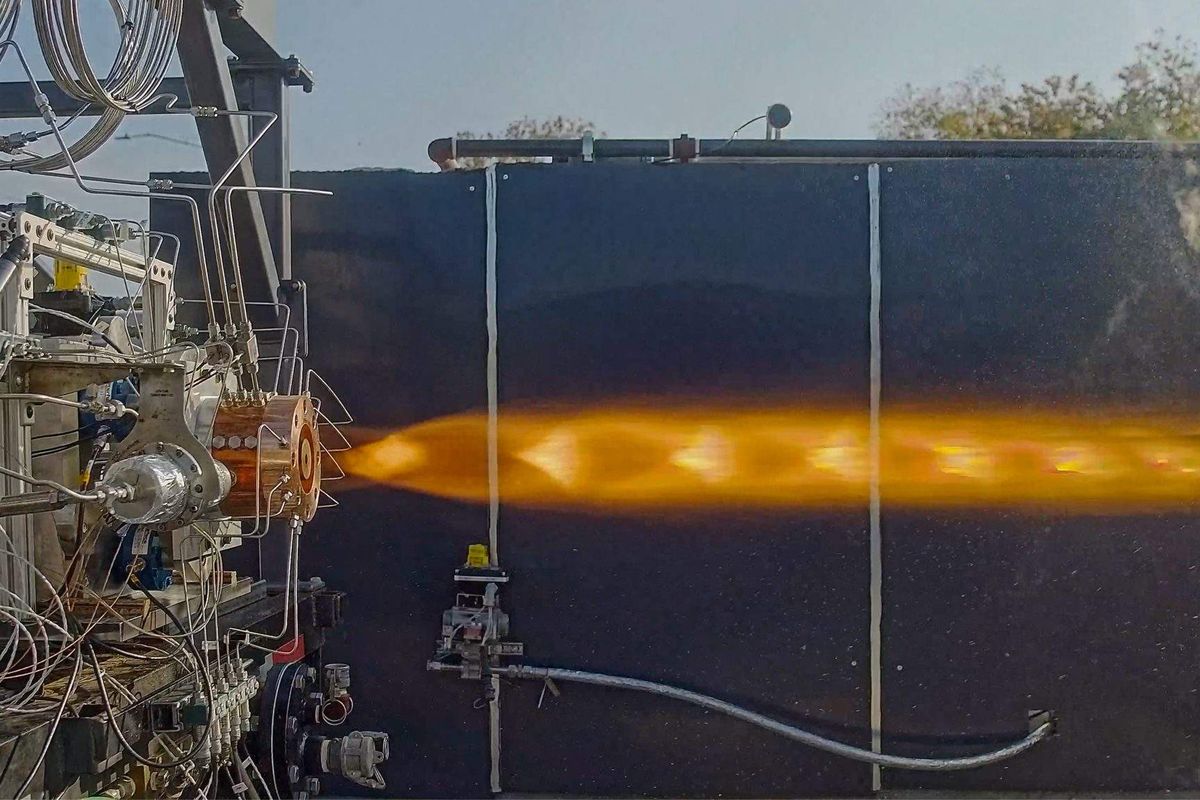Houston nonprofit makerspace seeking donations as it prepares to move into its new home
Calling for cash
With grants and public funds secured, Houston-based TXRX Labs as one last round of fundraising to acquire before it's ready to head full-speed ahead into its new location.
TXRX launched a $85,000 fundraising campaign to help get the organization where it needs to be before it moves into its 60,000-square-foot space in the East End Maker Hub in spring or summer of next year. The organization, along with its sister nonprofit, Urban Partnership Community Development Corp., has been selected by the city of Houston for an $18 million award and by the federal government for a $5 million innovation grant.
"In the last two weeks, we were getting close to finalizing funding for the building and came up short," says Lauren Caldarera, development director at TXRX. "We wanted to reach out to our membership at TXRX and the broader Houston community to help see if people will help support this unique offering for Houston."
In order to receive those grants, TXRX needs to submit design materials — a process that they budget to cost $325,000. (TXRX has already procured $240,000.) An anonymous donor agreed to match donations, and the organization has until the end of May to raise. Anyone can donate online.
TXRX is focused on bringing back Houston's East End as a manufacturing hub. As manufacturing jobs left the second, third, and fifth wards, it's created a need for skilled labor, middle class jobs, says Roland von Kurnatowski, executive director of TXRX.
"We're looking to bring together innovative companies in the physical innovation space into the East End and creating these middle class jobs," says von Kurnatowski. "It's a modern approach to combating economic inequalities instead of providing handouts."
TXRX is already making a dent in their mission with their smaller space. The organization has over 400 members and incubates 20 or so companies. The new space will allow TXRX to incubate almost twice that amount, work with 75 companies who need prototyping and manufacturing services, and grow their classes and educational offerings.
"Having this space is critical as Houston moves forward in creating an innovation ecosystem," Caldarera says. "We need a space for people to develop their physical prototypes, have engineers and other experts to coach and mentor them, and create more startups and innovators here."





 2025 Houston Innovation Awards winners revealed at annual eventThe 2025 Houston Innovation Awards winners have been revealed. Courtesy photo
2025 Houston Innovation Awards winners revealed at annual eventThe 2025 Houston Innovation Awards winners have been revealed. Courtesy photo